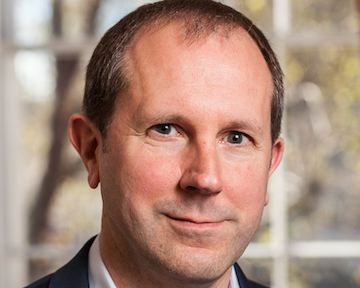Consumer champion Which? has called for the Government and FCA to step in and shake up income drawdown charges.
The watchdog said its research “has revealed huge differences in what pension providers are charging people looking to benefit from the pension freedoms”.
In a paper published today the organisation said: “We want the Financial Conduct Authority to work with the industry to simplify charges so it’s easier to compare and for the government to introduce a charge cap for default drawdown products sold by someone’s existing provider.
“The government is looking at making it easier for people to move pension companies, including considering a cap on exit penalties, but we think they could go further to ensure everyone can access their money flexibly without facing excessive fees.”
{desktop}{/desktop}{mobile}{/mobile}
After examining income drawdown products from 18 companies, it calculated that someone with a pension pot of £50,000, taking 4% a year through income drawdown, could be over £3,000 better off over 10 years if they used the cheapest provider, Fidelity (£4,993), rather than the most expensive, The Share Centre (£8,100).
Which? also gave the example of someone with a larger pot of £250,000, who withdraws 6% a year. It said this person could face charges anywhere between £16,325 (LV), and £26,490 (Scottish Widows) over a decade – a difference of more than £10,000.
The organisation looked also at Uncrystallised Fund Pension Lump Sums and said it found “hefty charges, particularly with investment brokers”.
According to the Which? research Charles Stanley Direct charges £270 for the first withdrawal each year, James Hay charges £100, and Barclays Stockbrokers, Halifax Sharedealing and TD Direct all charge £90. This is compared to Fidelity and Hargreaves Lansdown, and some pension companies, which don’t charge anything at all.
Which? executive director Richard Lloyd said: 'The old annuity market failed pensioners miserably and the government must ensure the same thing doesn’t happen again with drawdown. With such big differences in cost, and confusing charges that make it difficult to compare, it’s clear more needs to be done to help consumers make the most of the freedoms.
“We’re campaigning for a cap on charges for drawdown products sold by someone’s existing provider to ensure people get good value for money.”
Findings
Of the 18 companies which responded to the survey:
• Six companies charge to set up a drawdown plan;
• Seven companies charge an annual fee for using drawdown;
• Eight companies charge an annual fee if you have a self-invested personal pension.
• Seven companies charge a simpler, single annual ‘platform fee’, but on top of this there can be annual management charges and additional fees for certain types of investments.

